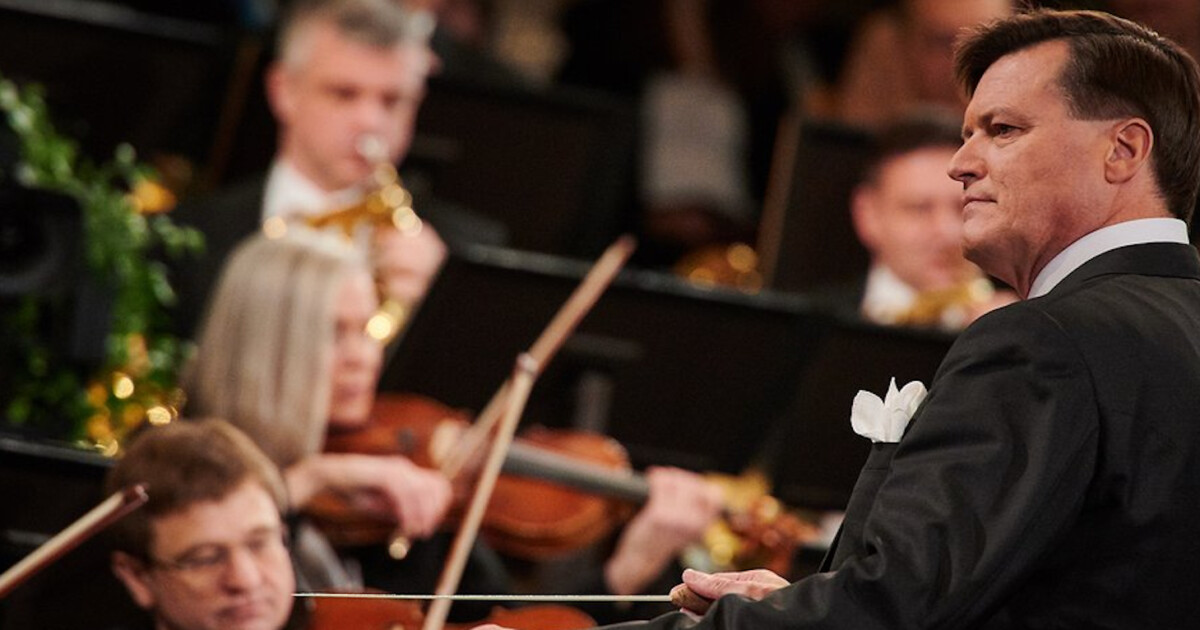Everything You Need To Know About Eurovision Voting

Table of Contents
The Two Phases of Eurovision Voting: Jury and Televoting
Eurovision voting is a two-pronged system, combining the expertise of music professionals with the raw enthusiasm of the public. This dual approach aims to balance critical assessment with popular opinion, creating a richer and more representative result.
Jury Voting
Each participating country appoints a five-person jury comprised of established music professionals. These experts are tasked with scoring each performance based on a variety of criteria, including vocal performance, stage presence, musical composition, and overall artistic merit.
- Anonymity: The identities of the jury members remain confidential until after the results are announced, minimizing external influence and potential bias.
- Scoring System: Each jury member individually awards points from 1 to 8, 10, and 12 to their top ten favorite entries.
- Rationale: Jury voting is designed to add a layer of critical assessment to the Eurovision voting process, offering a counterpoint to the potential biases of purely public-based televoting. It ensures that musical merit is taken into account alongside sheer popularity. Keywords: Eurovision jury voting, Eurovision voting system, Eurovision jury scores
Televoting
The public's voice is integral to Eurovision voting. Televoting allows viewers in each participating country to vote for their favorite songs via telephone, SMS, or dedicated apps. This part of the Eurovision voting system directly reflects the popular preferences across the continent.
- Geographic Variations: The exact methods and availability of televoting can vary slightly between countries due to differing technological infrastructures and regulations.
- Online Voting: Many countries increasingly utilize online platforms to facilitate public voting, making participation more accessible and convenient. Keywords: Eurovision televoting, public voting Eurovision, online Eurovision voting
Understanding the Points Allocation System in Eurovision Voting
The Eurovision points system is meticulously designed to ensure fairness and transparency. The combined scores from the jury and televoting determine the final ranking.
How Points Are Awarded
Both the jury and televoting systems award points according to a specific scale: 12 points for the favorite, 10 points for the second favorite, and then 8, 7, 6, 5, 4, 3, 2, and 1 points for the remaining top nine entries. This means each country awards a total of 12 + 10 + 8 + 7 + 6 + 5 + 4 + 3 + 2 + 1 = 58 points.
Calculating the Final Score
The total jury score for each country is added to the total televoting score to generate the final score for that country. The country with the highest final score wins the Eurovision Song Contest.
Dealing with Ties
In the event of a tie in the final scores, specific tie-breaking rules are in place, often prioritizing the country with a higher televoting score. Keywords: Eurovision points system, Eurovision score calculation, Eurovision voting rules
The History and Evolution of Eurovision Voting
Eurovision voting has undergone significant changes since its inception. Understanding this evolution sheds light on the current system's complexities.
Early Eurovision Voting Methods
Initially, Eurovision voting relied solely on national juries, a system that lacked the public engagement and excitement of today’s method. The introduction of televoting revolutionized the competition, bringing a crucial element of public participation into the equation.
Notable Changes and Controversies
The history of Eurovision voting is not without controversy. Changes to the voting system have often been met with debate, with accusations of bloc voting (countries consistently voting for each other) surfacing over the years. These controversies have led to adjustments in the system aimed at promoting fairness and diversity in voting patterns.
Future of Eurovision Voting
The future of Eurovision voting is likely to embrace technological advancements. We might see further integration of online platforms, potentially incorporating new methods of engagement and ensuring broader global participation. Keywords: Eurovision voting history, Eurovision voting changes, Eurovision voting controversies
Impact and Influence of Eurovision Voting
Eurovision voting extends beyond simply determining a winner; it holds significant cultural, political, and even economic implications.
Political Influence
While officially apolitical, voting patterns in Eurovision sometimes reflect geopolitical relationships and alliances between nations. The subtle interplay of political dynamics adds an interesting layer of complexity to the results.
Cultural Impact
Eurovision serves as a vibrant platform for showcasing diverse musical styles and cultural expressions. The voting process highlights the evolving tastes and preferences of audiences across Europe, shaping musical trends and influencing future artistic directions.
Economic Impact
The Eurovision Song Contest generates significant economic activity for the host city and country, boosting tourism and providing a platform for showcasing national culture and talent. Keywords: Eurovision voting impact, Eurovision cultural impact, Eurovision voting influence
Conclusion: Mastering the Nuances of Eurovision Voting
Mastering Eurovision voting involves understanding the interplay between jury and televoting, recognizing the points allocation system, and appreciating the historical evolution of the process. From the subtle political undercurrents to the undeniable cultural impact, Eurovision voting encapsulates the spirit of competition, collaboration, and shared European identity. Understanding Eurovision voting allows for a richer and more engaged viewing experience. Participate in future voting, delve deeper into the history of the competition, and truly appreciate the complexities of this unique event. Deep dive into Eurovision Voting and become a true Eurovision expert!

Featured Posts
-
 Eurovision 2025 A Breitbart Guide To The Top And Bottom Performers
May 19, 2025
Eurovision 2025 A Breitbart Guide To The Top And Bottom Performers
May 19, 2025 -
 Tampoy Ektoras Kai Persa Se Sfodri Antiparathesi Sto Mega
May 19, 2025
Tampoy Ektoras Kai Persa Se Sfodri Antiparathesi Sto Mega
May 19, 2025 -
 Reduced Apple Harvest Rosy Apple Aphid Infestation Impacts Production
May 19, 2025
Reduced Apple Harvest Rosy Apple Aphid Infestation Impacts Production
May 19, 2025 -
 Itb Berlin 2024 Kuzey Kibris Gastronomisi Duenyaya Tanitildi
May 19, 2025
Itb Berlin 2024 Kuzey Kibris Gastronomisi Duenyaya Tanitildi
May 19, 2025 -
 Succes De La Fete De La Marche A Parcay Sur Vienne
May 19, 2025
Succes De La Fete De La Marche A Parcay Sur Vienne
May 19, 2025
